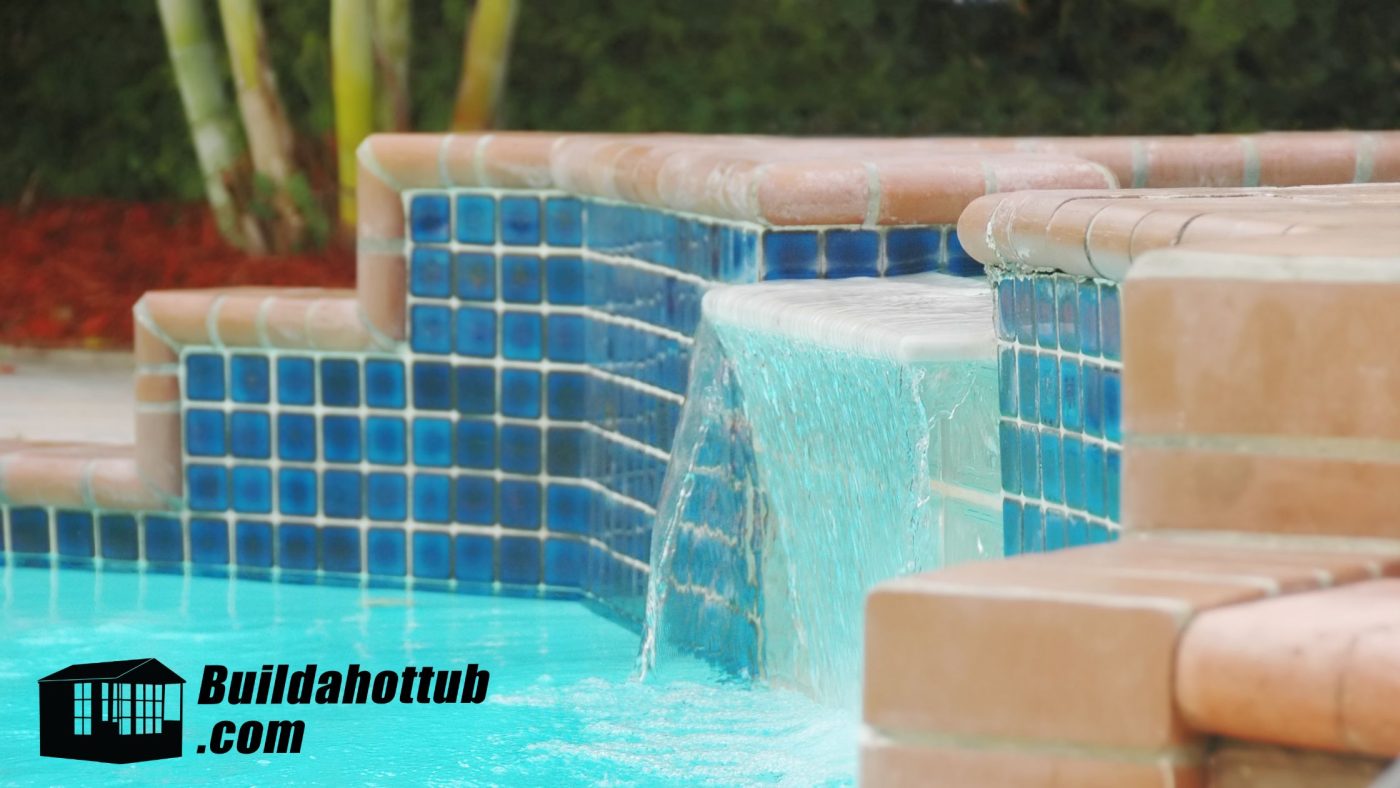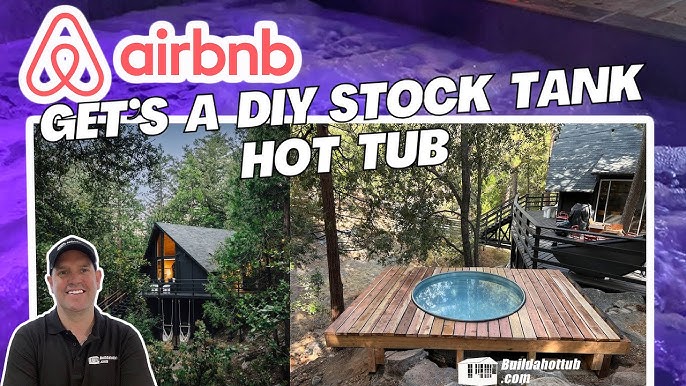In this article I will explain how to correctly size a waterfall, overlow or spill over from a hot tub into a pool. If you get this wrong you can ruin the look of the pool as well as causing some damage to your wallet to rectify it.
A control room is the brains behind your entire DIY hot tub. It’s the room or location where you house your pumps, blowers, spa packs, dosing kits, heater, and all other external elements. Without it, your hot tub would just be a tub.
Given the many considerations when designing a control room, I’ve written this article to explain everything you need to know. By the end, you’ll understand exactly what design considerations are important for your control room.
This guide has everything you need to know about hot tub wet ends! I’ll walk you through it step-by-step so replacing will be a breeze!
Commercial and domestic hot tubs differ in key ways. Let’s take a closer look at the differences between the two.
Jeff decided to build his own DIY pool and hot tub set up at his vacation home in Mexico. Read all about his build here!
This article covers a recent DIY hot tub build using ICF (Insulated Concrete Forms) that I had the pleasure of assisting with.
Understanding hot tub pump union sizes can be confusing. Don’t worry because this article will explain everything you need to know!










